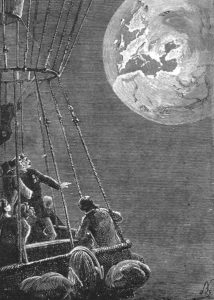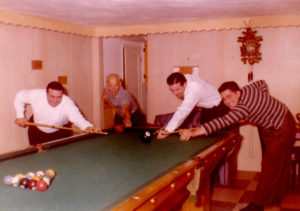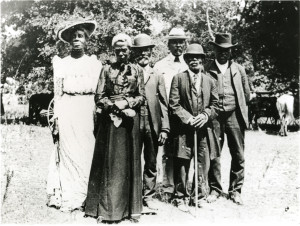I ponder sometimes the mechanics of our planet: how it rotates on its axis as it travels around the sun while shifting in its seat, giving us our earthly seasons. If I think hard enough about it, I can imagine the sound of it, a great creaking, the movement of something massive. Is there a sound to the motion? I do not know. But I do imagine it that way, like the workings of a clock, a mechanical pendulum of a celestial object: a celestial clockwork.
This is one of those days that brings this to mind for me, for here again today our planet reaches a turning point. It has been tilting ever so slightly each day to the south, pointing the Northern Hemisphere toward the sun and the Southern Hemisphere away from the sun, since December’s solstice. Now we come to the June solstice, and for a time things seem to stand still, but then of course the counter, the opposite, and the great planet begins shifting to the north. From this point on, days will start lengthening in the Southern Hemisphere, while for us here in the North, days will begin getting shorter.
That brief time of things appearing to stand still is the source of our word solstice. It is from sol stetit, “sun stands still” in Latin. But it is an illusion; the rearranging is constant and unceasing. And so our days begin to grow shorter, even as summer by the almanac just begins… which is why our ancestors saw this time as the midpoint of summer, hence the Old Midsummer celebrations that will soon come to pass in the places that celebrate old traditions like St. John’s Eve. The Church tuned into these celestial events, too, and early on assigned the time of the Winter Solstice to the birth of Christ and the time of the Summer Solstice to the birth of the prophet who baptized him, St. John the Baptist. And just as Christmas Eve is considered by many a time of magic, when animals can speak and water turns to wine, so is St. John’s Eve a time of magic, too. William Shakespeare’s A Midsummer Night’s Dream takes place on St. John’s Eve, and look what happens there: men are transformed to asses and fairies meddle in the romantic interests of mortals. It has long been held that magical things can happen at these junctions of the culminating points of Earth’s celestial mechanics.
The precise moment of the solstice this time around is 6:34 PM today, June 20. That’s here in Lake Worth, on the eastern edge of North America, in Eastern Daylight Time. If you are searching for the precise moment where you live, use that as your guide. Myself, I am not one for precision, being much more content with roundaboutness. And so tonight in this house we will mark the occasion with the acknowledgement that it has come and that it has passed, for by the time it happens, the great mechanics of the planet will have it begin shifting again. The summer solstice comes as well this year with a bonus gift: a full moon.
Image: An engraving from the 1877 novel Héctor Servadac, or Off on a Comet, by Jules Verne. The illustrations are by Paul Phillippoteaux.


